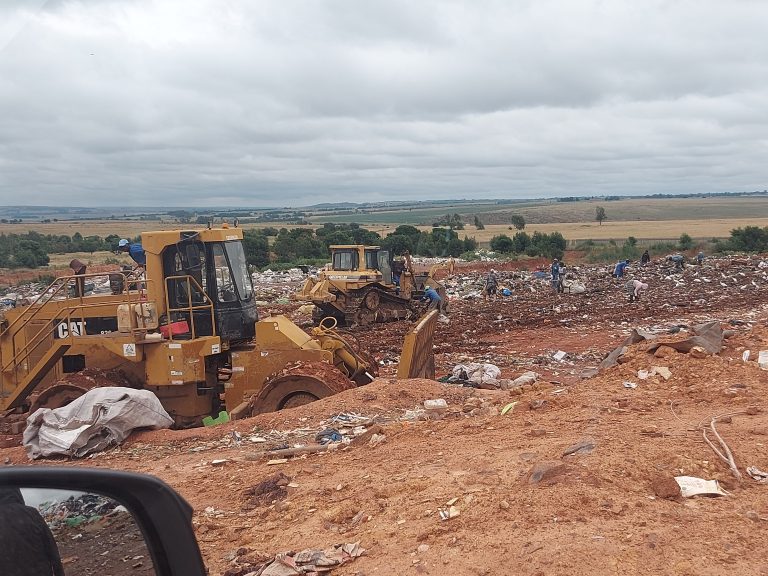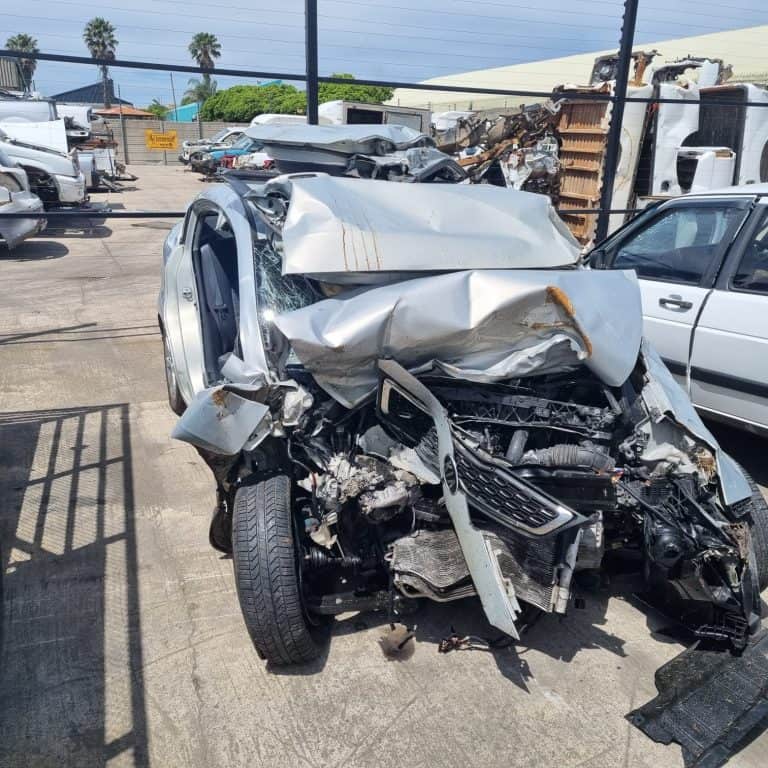Systemic state failure cannot be covered up with Operation Vulindlela – AfriForum
Operation Vulindlela is presented as the solution to, among other things, service delivery, but this joint initiative by the Presidency and Treasury appears to be merely an attempt to cover up years of state failure. AfriForum has expressed its concern about the government’s attempts to combat systemic failures with a temporary initiative, instead of bringing about sustained institutional reform by addressing corruption and mismanagement in state departments.
The civil rights organisation has asked in a letter to the Presidency and Treasury for a timeline for the priorities as outlined in the second phase of Operation Vulindlela. In addition, AfriForum wants to know what lasting reform will look like in each of these areas.
According to Morné Mostert, Manager of Local Government Affairs at AfriForum, there’s concern that Operation Vulindlela is not a permanent commitment to reform, but a politically motivated initiative driven by the current presidency. Therefore, it runs the risk of completely collapsing as soon as any significant changes take place in government.
“The focus should rather be on tackling the internal challenges within government departments and local municipalities. It is actually nonsensical that a separate intervention plan (Operation Vulindlela) had to be put in place to get government departments to do their job. The government has historically had no problem devising new plans for existing challenges, but the record of actually successfully implementing these plans is not that impressive,” he says.
It is also ineffective to try to treat the symptoms of state failure without addressing the cause. However, this is exactly what is happening with the announcement of the second phase of Operation Vulindlela.
AfriForum argues that in both phases, too little focus has been placed on the inefficiency of government departments and municipalities. “If reform is to be taken seriously, corruption must be tackled first and foremost. To deny that corruption and mismanagement are the source of South Africa’s struggling government departments and municipalities is extremely counterproductive. There are no consequences for offenders and therefore no improvement in service delivery,” says Mostert.
Although the points that Operation Vulindlela will help address are nothing new, AfriForum welcomes any improvement in service delivery. However, the civil rights organisation warns that Operation Vulindlela cannot be a way for government departments to do even less, but that a deeper commitment to reform must be cultivated in these departments. AfriForum will closely monitor the operation of the second phase of Operation Vulindlela.











